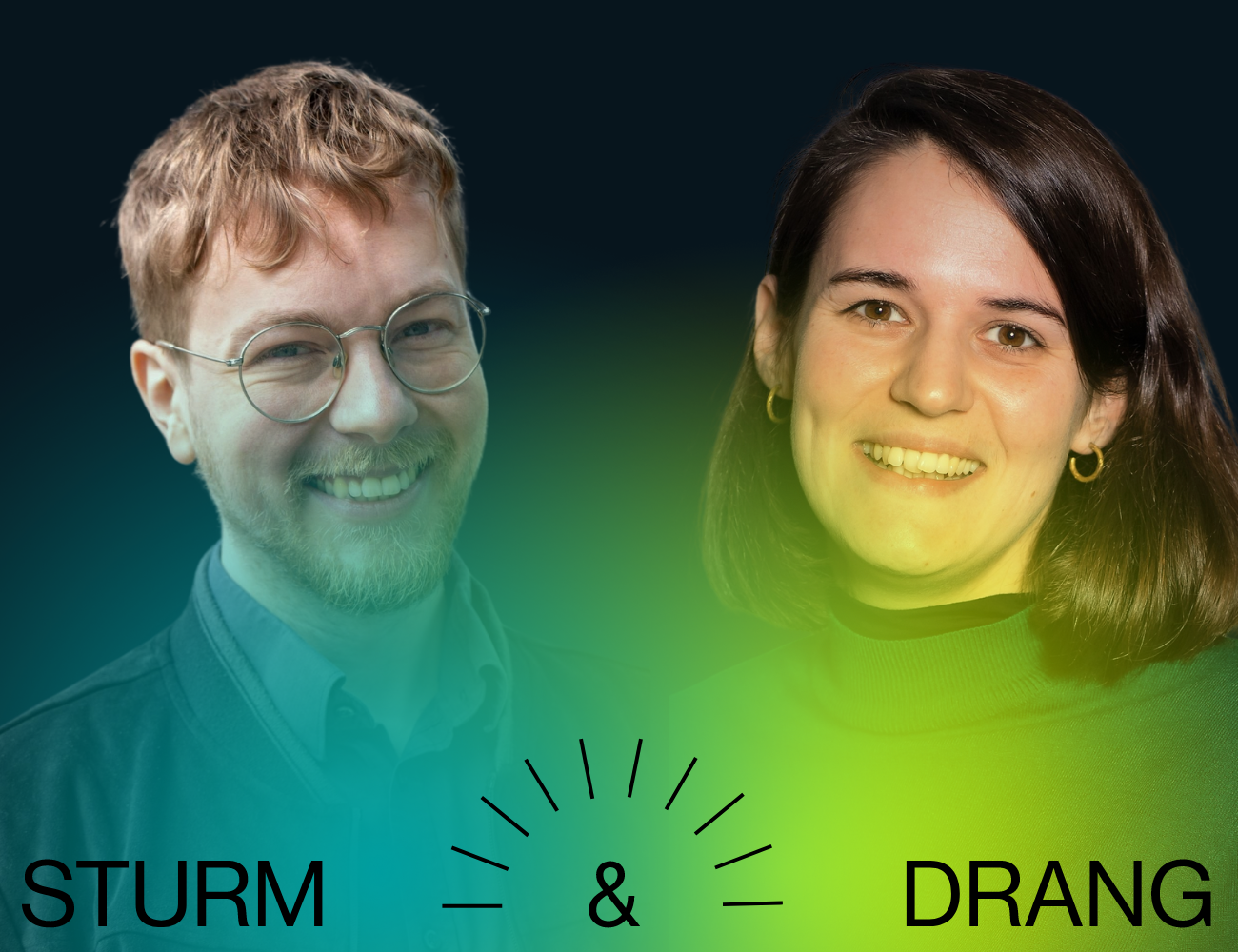Sturm & Drang | Empower Democracy!
How to Defend Our Institutions and Values Against the Rise of the Far Right?
| Activiteit van Duitsland Instituut Amsterdam |
|
|---|---|
| Datum: | vrijdag 4 oktober 2024 om 17:00 uur |
| Locatie: | SPUI25, Spui 25-27, Amsterdam / Online |
| Informatie: | Voertaal: Engels. Aanmelden via spui25.nl |
| Toegang: | Gratis |
In steeds meer Europese landen komen uiterst rechtse partijen aan de macht. Nederland is geen uitzondering: als grote winnaar van de Tweede Kamerverkiezingen maakt de radicaal-rechtse partij PVV nu deel uit van de regering. Ondertussen is in Duitsland de deels extremistische Alternative für Deutschland (AfD) in opkomst. Deze zorgwekkende trend stelt onze liberale democratieën op de proef. Hoe kunnen we deze golf terugdringen en de democratie verdedigen?
At first glance, the success of the PVV in the Tweede Kamer elections came as a surprise. But it was in the making for a long time as many citizens, the media and politicians have gradually accepted the radical right-wing party as a legitimate player in political The Hague. In the end, his victory could almost be presented as normal: democratic business as usual. How and where is the new government putting strains on the Dutch democracy?
In Germany, the concept of a "resilient democracy" (also called "militant democracy") has a long tradition with the National Socialist dictatorship as its central reference point. State and society are called upon to do everything in their power to defend the institutions and values of liberal democracy against all totalitarian challenges. Recently, this concept is widely discussed again because Germany is also facing a strong pull to the right. The electoral win of AfD in the state elections in East Germany in September has shocked many, and for the first time since World War II, a radical right-wing party could win a German election. A party which represents a völkisch nationalism and maintains close ties with violent extremists could gain control over tools of state power. Unlike in the case of the PVV, in Germany there are no parties who are willing to cooperate with the AfD as they uphold a so-called Brandmauer or cordon sanitaire against the right. But it is unclear to what extent they will be able to maintain this principle after the elections.
Nevertheless, the German example has shown that democracies can defend themselves in many different ways. Last spring, hundred of thousands of people from all parts of society took to the streets to protest under the slogan "Nie wieder ist jetzt". Legal experts analyse how laws can be changed and institutions can be strengthened to stand firm if the AfD will come to power. And journalists and bloggers such as "Volksverpetzer" expose the AfD's fake news and strategies.
On 4 October, we will be talking to political scientist Léonie de Jonge and blogger and activist Thomas Laschyk about the urgent and thorny questions of how to deal with the far right in the Netherlands and Germany. What are the threats and risks to democracy, and what can we do to protect our democratic institutions and values? And what can the Netherlands and Germany learn from each other?
We are very happy that the Dutch-German band Deuba will explore the topic with a special selection of German protest songs.
About the speakers
Léonie de Jonge is Assistant Professor in European Politics and Society at the University of Groningen. She holds a PhD in Politics and International Studies from the University of Cambridge, UK (2019). Her research has been published in different journals, including the International Journal of Press/Politics and Government & Opposition. She is also a researcher at the Dutch Political Parties Documentation Centre (DNPP). As a political scientist, she studies the rise and normalisation of the radical and extreme right. She is interested in why right-wing populist parties are more successful in some countries and regions than in others.
Thomas Laschyk is a blogger and activist against disinformation. He studied International Literatures at the University of Augsburg and wrote his master's thesis on storytelling in social media fake news. He is co-founder, managing editor and managing director of the popular and award-winning blog “Volksverpetzer”. The Anti-Fake News-Blog reveals the strategies of extremists and conspiracy theorists and exposes their disinformation campaigns, sometimes with a needed hint of humor, but always fact-based. In his first book "Werbung für die Wahrheit" (Advertising for the truth, 2024), Laschyk explains why people really fall for fake news and why so much educational work is ineffective. He describes what is going wrong in the German media landscape and also takes stock of the responsibility of some traditional media organisations in the fight against disinformation.
No schlagers, no Nena, and no Kraftwerk either - but rather: the very best of German rock music from the 1980s to the present. That's what Deuba, the only real German band of the Netherlands , is playing. From folk to punk, from blues to indie, with Deuba you'll hear the Deutschrock you've been missing for years.

